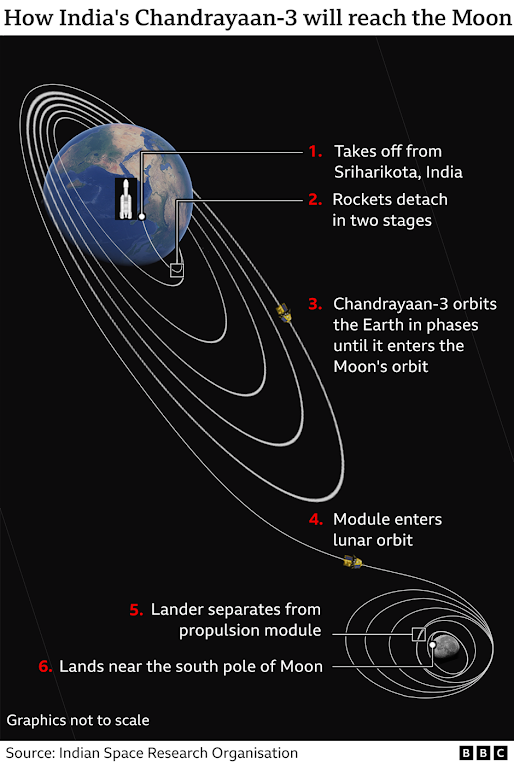RTI
What is the right to information act?
Under the RTI act, 2005, public authorities are required to disclose various aspects of their structure and functioning.
This includes:
1. Disclosure of their organisation, functions and structure.
2. Power and duties of Its officers and employees.
3. Financial information.
Need of RTI:
As we earlier discussed that democracy is also about constructive criticism of the government. Under Article 19 of our constitution, the fundamental right of freedom of speech and expression permits us to criticise the government. But for that, we need detailed information regarding that particular subject. Here powerful RTI act comes into the picture. In short, the RTI act aimed to provide an efficient method of accessing relevant information so that we can use freedom of speech and expression effectively.
Limitations of RTI:
Under section 8 of the RTI act, there are some exceptions for information we can access to avoid misuse of this act, such as:
1. Information that might harm the sovereignty, security, unity and integrity of our nation. For example, you can't ask for military secrets etc.
2. Economic relations with other countries.
3. Anything which can lead to contempt of court.
4. Information that can breach of privacy of an individual.
5. information including commercial confidence, trade secrets or intellectual property.
How to file an RTI application?
We can file an application on the government portal rtionline.gov.in or in the respective department office. The public information officer (PIO) or Assistant Public Information Officer(APIO) is responsible for providing the information. If a citizen is not satisfied with the reply of PIO or PIO rejects the citizen's request for information without any fair reason, an appeal can be filed before the senior officer(i.e. Appellate authority) against the decision of PIO.
RTI Amendment act 2019:
There is the Central information commission and the state information commission, which manages all the complaints regarding RTI application. One chief information commissioner and not more than 10 information commissioners; are included in their respective bodies. Initially, there was fixed tenure and salary for these officers to work independently, but now, as per the amendment of 2019, the tenure and salary of these officers is decided by the central government.
Conclusion:
RTI is emerging as the most powerful tool for common people. It has to lead the people of India to feel empowered, empowered to stand up and demand answers from the government. It has given voice to the voiceless. At last, I just want to tell you that we should be aware of all our constitutional rights and duties to contribute to this largest democracy in the world. We have to understand that we people are the real strength of our nation.
NOTE :-
This blog is meant for Educational Purpose only .We do not own any Copyrights related to images and information , all the rights goes to their respective owners . The soul purpose of this blog is to Educate, Inspire, Empower and to create awareness in the viewers. The usage is non-commercial(Not For Profit) and we do not make any money from it.



Comments
Post a Comment